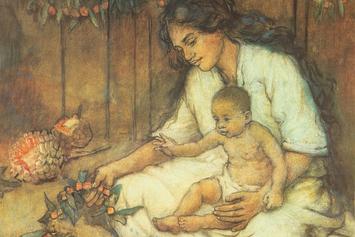
Throughout most of history, starting a family was a task that most people either aspired to or dutifully performed. Today, that is increasingly not the case—not only in Europe, Japan, Australia, or North America, but in the world’s most economically dynamic region, East Asia. The trend towards post-familialism, a society in which the family and marriage are no longer central to society, will reshape our politics, economy, and society in the decades ahead.
Since 1960, the percentage of people living alone in the United States—where the percentage of Americans who are mothers is at its lowest in over three decades—has grown from 10 to 30 percent. Similar phenomena can be observed in virtually all wealthy countries; in Scandinavia 40 percent of the population lives alone. In Britain, the number of single parent households was 8 percent in 1970 but has now passed 25 per cent, while the percentage of children born outside marriage has doubled to 40 percent over the past three decades.
Read the rest of the piece at Quillette












